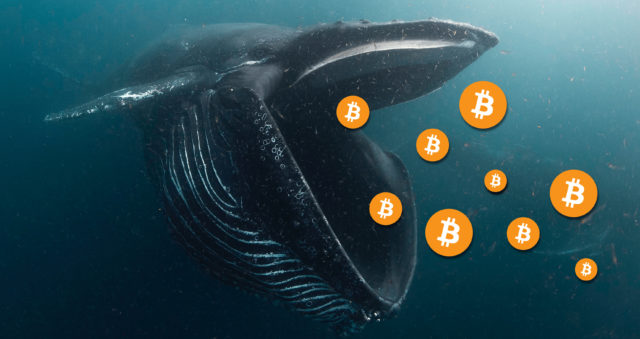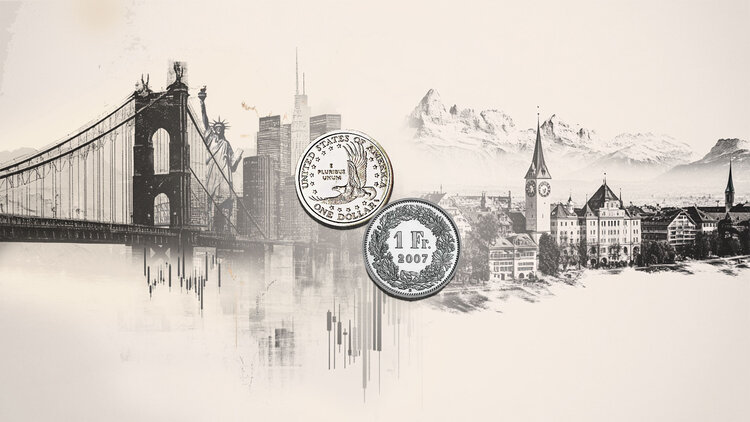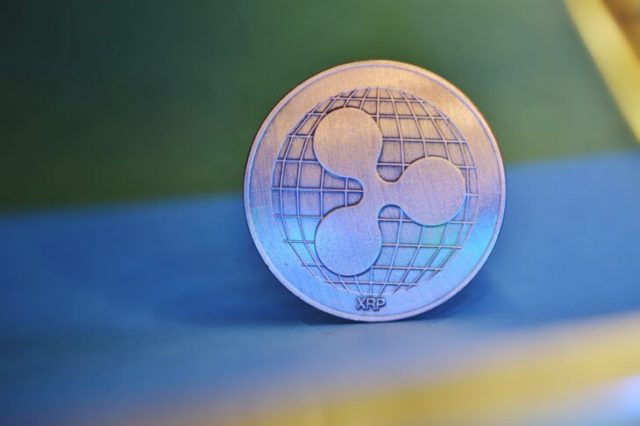Of Eleftheria Kourtali
The European Union’s embargo on Russian oil is expected to lead to a further significant increase in long-term government bond yields, stocks will face significant difficulties and commodity currencies will outperform the rest of the year, according to Capital Economics.
EU countries have agreed to impose an embargo on maritime imports of oil and oil products from Russia (about 90% of total EU imports of these items are from Russia), with the temporary exception of only some pipeline imports.
The price of Brent crude oil – which had already risen in recent months as Western countries further reduced their imports of Russian oil – rose to $ 124 a barrel, according to Capital Economics. Meanwhile, the appetite for risk generally seems to have waned in the wake of the announcement. Shares – which recovered last week – fell as the US dollar strengthened.
According to Capital Economics energy market analysts, the embargo reinforces the current estimate that oil prices will remain high for the rest of this year, even if they fall slightly from recent highs.
The house believes this has three implications for the global economy and financial markets in general.
First, Inflation rates in large economies will remain high for some time, even if they may decline slightly, thanks to favorable baseline results. According to Capital Economics, this will encourage central banks to move forward with monetary tightening, which is expected to once again put upward pressure on eurozone government bond yields. High inflation figures in the eurozone, such as those announced this week, have already helped boost both interest rate expectations and bond yields in the region.
Capital Economics’ core scenario remains that the region’s spreads will end higher than current levels in 2022, with the ECB focusing more on tackling high inflation rather than weakening economic activity, while raising deposit rates to a higher ceiling. 1.5% by mid-2023.
Secondly, Capital Economics believes that further upward pressure on bond yields will weigh on stock market valuations, providing another reason for the continuing difficulties and pressures on stock markets.
The energy sector may continue to perform better than the market as a whole, as has happened so far this year, especially as rising bond yields and a slowdown in economic growth provide little support for other sectors.
End, the third effect of the EU embargo on Russian oil concerns the currencies of commodities. Capital Economics believes that high oil prices will support the currencies of energy-producing countries. Even though the relationship between terms of trade and currencies was a little weaker than usual, he estimates that the high price of oil will still provide some support, including for the Canadian dollar, the Norwegian krone and the peso. Colombia.
Source: Capital
I am Sophia william, author of World Stock Market. I have a degree in journalism from the University of Missouri and I have worked as a reporter for several news websites. I have a passion for writing and informing people about the latest news and events happening in the world. I strive to be accurate and unbiased in my reporting, and I hope to provide readers with valuable information that they can use to make informed decisions.







